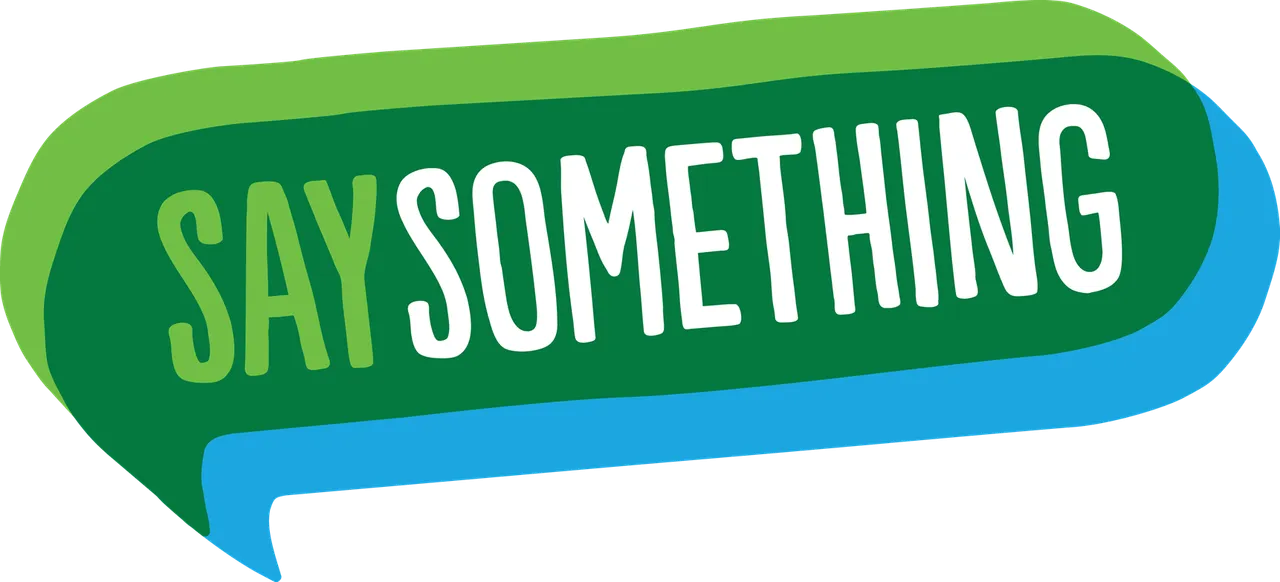By now everyone is aware of the increasing prevalence of robots in our daily lives. Whether it's the dramatically biologically disturbing creations of of Boston Dynamics (video below), or the kiosks you use to order food, in one way or another you will experience the products of automation every single day in the modern world.
Job loss fears
When new and disruptive technology comes along, it's always met with equal doses of excitement and fear.
For many, the prospect of automating a process is exciting because it is a means of creating the same or better result with less human effort and time, thereby freeing individuals and society as a whole to do other things. But for others, automation means their job just disappeared or changed completely.
In the fast food industry we are seeing major changes. Kiosks are replacing cashiers (McDonald's hits all-time high as Wall Street cheers replacement of cashiers with kiosks) and robots are set to replace food handlers (A robot is now flipping fast-food burgers; is this the end to the short-order cook?).
And it makes sense: With fast food workers demanding $15/hour, high turnover, and inconsistent production, employers are attracted to a robot that never asks for a raise, doesn't take time off, can flip 2000 burgers per day with no complaints, and always has a consistent product.
But this is how economy grows and people are lifted out of poverty
In 1870, almost 50 percent of the US population was employed in agriculture:
Agricultural employment: has the decline ended?
As of 2008, less than 2 percent of the population is directly employed in agriculture:
Employment by major industry sector
This is a decrease of 96%!!!
Does this mean that 48% of the American workforce is unemployed? Of course not. Automation freed up human capital to invest in other industries that have permitted economic and technological growth.
To put it simply: after a rough period, people found different things to do; different ways to provide value.
And civilization progressed.
In many ways, the automation of agriculture and manufacturing helped to remove the scourges of slavery and child labor. So there is an argument that it has not only been an economic good, but a social good as well.
The future is bright -- get your foot in on the ground floor!
With the advancing automation of labor and service industries, people are redirecting their energy, time, and skills into more creative areas such as development, design, and marketing. Besides being occupations that are much higher paying and personally rewarding, they are also easier on the body and facilitate remote workspace, which is much better for your health and can save you tons of money:
Working from home can save you thousands of dollars every year
You -- yes YOU -- are already positioned to take advantage of this paradigm shift

By simply being here on #steemit, you have shown that you have skin in the game of the future tokenized economy, where big tech will no longer be able to rip off your personal information and monetize your content for themselves by the order of billions of dollars; but rather you are rewarded for your own content and developers compete to provide services that are more secure and more intelligently tokenized to draw your creativity to their platform.
Tell me what you think
How does it feel to be an early adopter of the future economy?
Let me know in the comments below.
